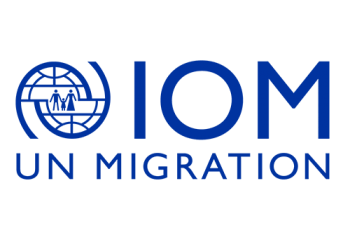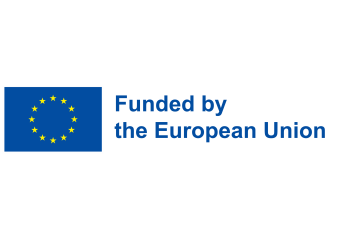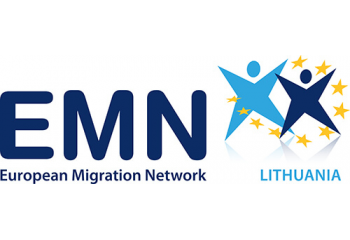Studies
- Home
- Publications
- Studies

The study aims to provide an overview of the labour migration in times of labour shortages. Conducted research presents Lithuania’s recent legal changes in labour migration policy.
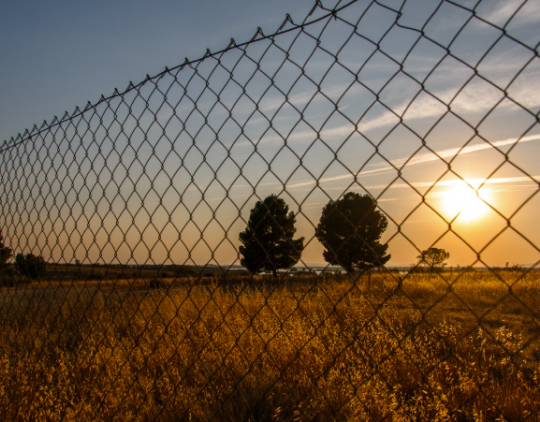
This study analyses Lithuania's approach to preventing and combating human trafficking, providing an overview of inter-institutional and international cooperation, victim protection, and preventive measures.

The study examines the period 2017-2022, exploring the measures taken by the Lithuanian authorities to prevent the illegal employment of third-country nationals. It presents the challenges faced by the institutions and identifies emerging good practices.

The study aims to provide an overview of the application of the Temporary Protection Directive in 2023. It details the situation of beneficiaries of temporary protection and provides examples of challenges and good practices from EMN Member Countries.

The study analyses the integration of applicants for international protection into the labour market. Conducted research also covers support measures to enhance labour market integration and self-employment.
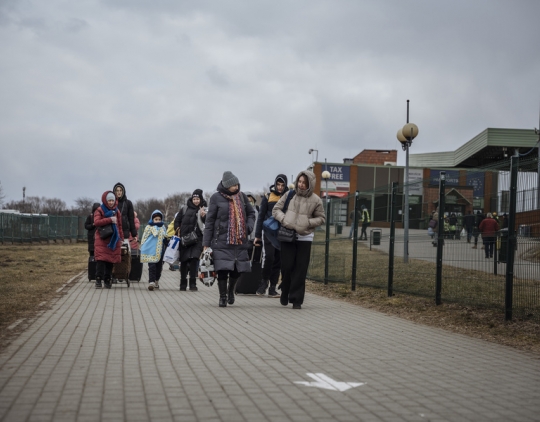
The study documents if and to what extent Lithuania considers the distinct situation of migrant women from third countries in their integration policies and measures. It also provides an overview of research and statistics available at national level on the integration opportunities and challenges faced by migrant women.

The study provides an overview of measures and best practices around detection, identification and protection of third-country national victims of trafficking in human beings in 25 EU Member States, Norway and Georgia from January 2015 to December 2020.
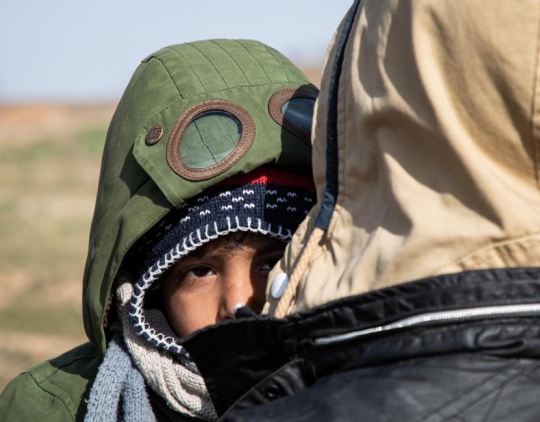
The study presents a comprehensive review of legislation and practice on detention and alternatives to detention in international procetion and in return procedures in Lithuania.
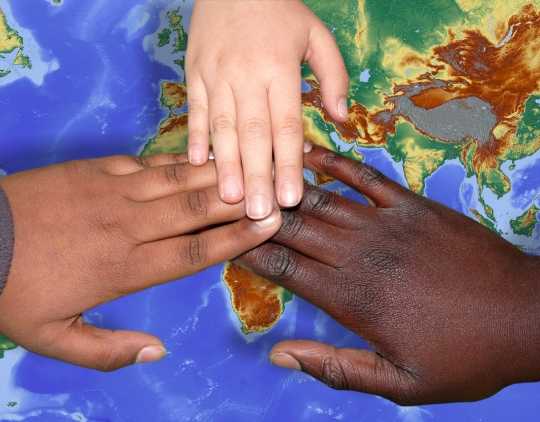
This study aims to provide an overview of existing policies and practices in the EU Member States and Norway towards third-country nationals in a prolonged situation of irregular stay.


Conducted research presents national policies and practices concerning third-country minors in Lithuania.





The study aimed to explore the national policies and practices in Lithuania to attract and retain third-country national students. It examined the incentives in place at national level to encourage international students to study in Lithuania and to stay on in Lithuania following graduation.


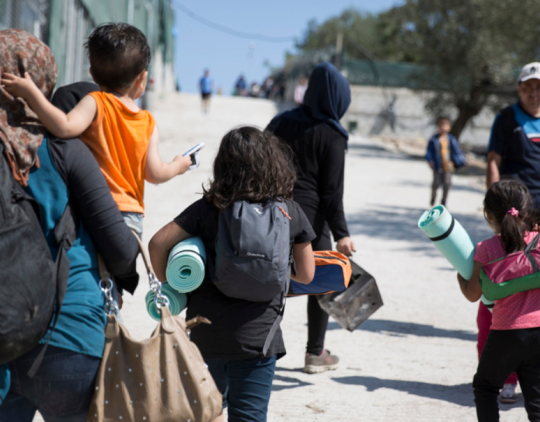
The overall purpose of this study is to overview the use of detention and alternatives to detention in the context of Lithuania’s immigration policies.
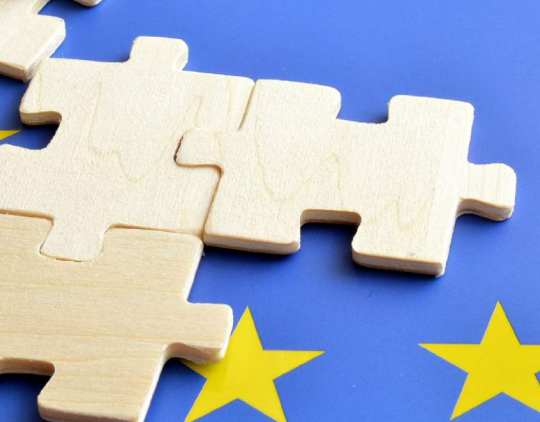
This study aims to provide an overview of the situation and key trends in Lithuania in recent years in the area of migration policy and migration process management, highlighting the key events dealing with irregular immigration issues/problems.

The aim of the study is to identify the scale and scope of two instances of misuse, namely marriages of convenience and false declarations of parenthood and to provide clear evidence, to the extent possible and including available statistics, of these types of misuse and how best to address them.
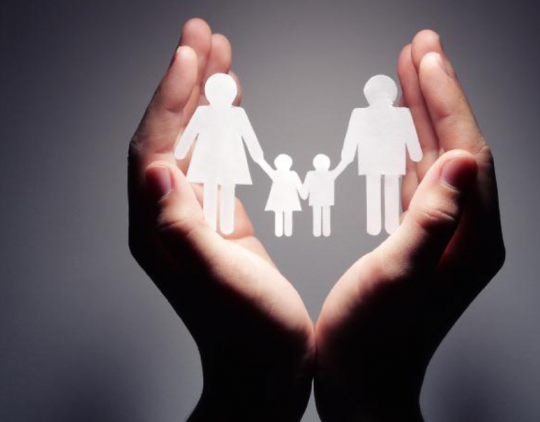
The main aim of this study is to identify good practices and existing mechanisms for flexible, efficient reception facilities whilst maintaining quality of reception conditions.
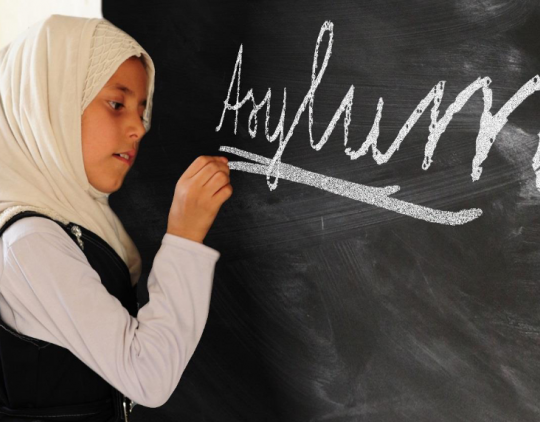
The overall aim of the study is to inform on the application of integration support measures for beneficiaries of international/humanitarian protection in relation to labour market access and participation, identifying existing policies and good practices.
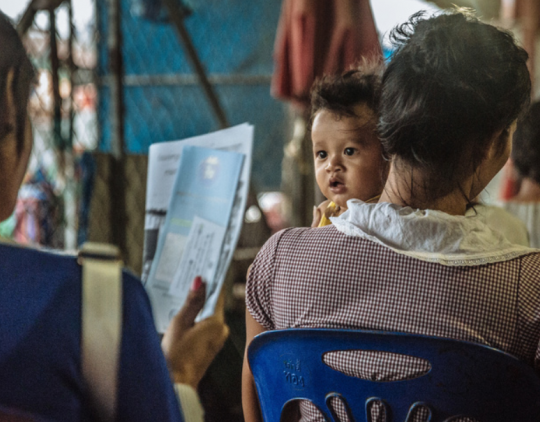
The aim of this study is to provide an overview and analysis of the conditions that regulate the changes of status between different categories of third-country nationals in Lithuania.

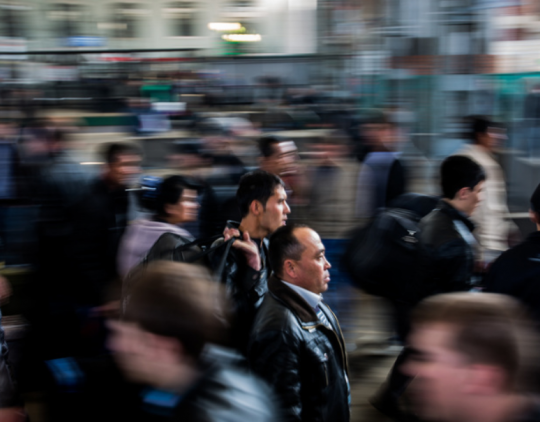
The aim of this study is to provide an overview of the instruments in place in Lithuania to identify labour shortages and to quantify the needs for migrant labour from third countries. The study will also assess how the impact of labour migration on Lithuanian national labour markets is monitored and what kind of instruments are used to that end.
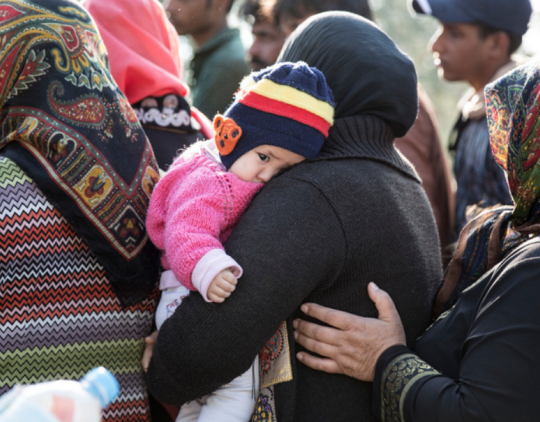
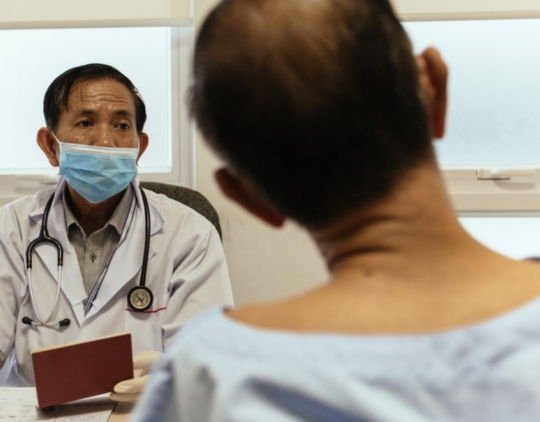
The study aims at investigating the legal and administrative opportunities of third-country nationals to receive social and health care services in the Republic of Lithuania. The target group of the study is the third-country nationals residing in Lithuania and holding a permanent or temporary residence permit.
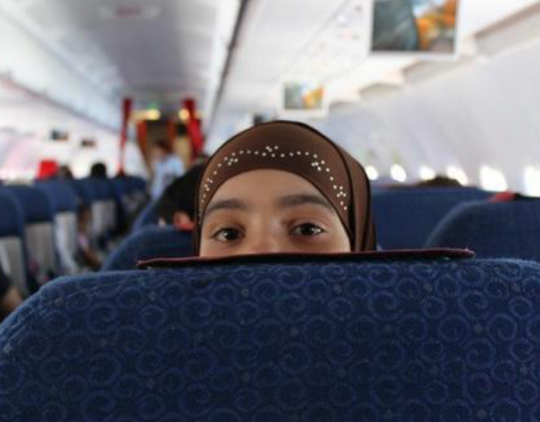
The study aims to provide up-to-date information and comparable data on the numbers and state of protection of unaccompanied minors (UAMs) arriving in Europe.
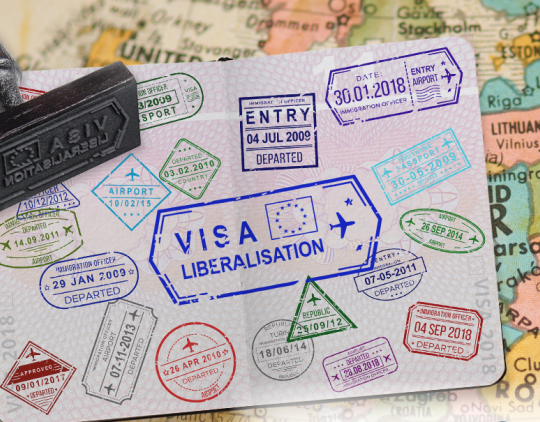
The study analyses and reviews various migration indicators and developments in migration processes over the period of 2007-2017 as related to the introduction of the visa-free regime with the European Union (EU) countries, which entered into force in respect of the Former Yugoslav Republic of Macedonia (FYROM), Montenegro, Serbia, Albania, Bosnia and Herzegovina, Moldova, Georgia (Sakartveli) and Ukraine.
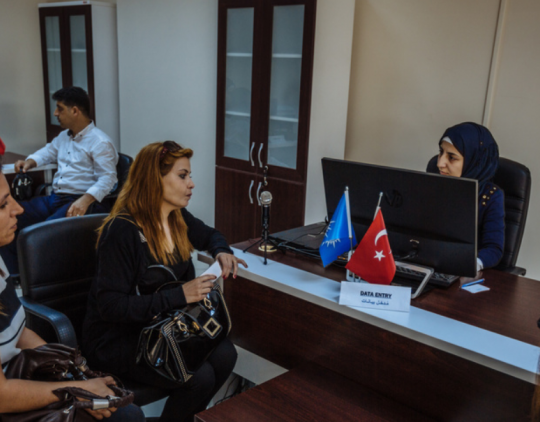
The aim of the study is to provide an overview of important challenges facing national authorities in their efforts to establish, in the absence of credible documentation, the identity of applicants for international protection (i.e. asylum and subsidiary protection) and for the return of rejected applicants.

The aim of this study is an evaluation of existing Lithuanian legal and policy measures used to facilitate and attract the entry and stay of third-country nationals for business purposes whilst safeguarding against misuse.


The overall aim of this study is to evaluate Lithuanian policy oriented towards attracting foreign business persons and investors, its practice and opportunities, and the direct connection of this process with migration.

The study aims to overview Lithuanian national policies and/or practices on family reunification and provide up-to-date information on recent developments in this field (i.e. since 2011 onwards).

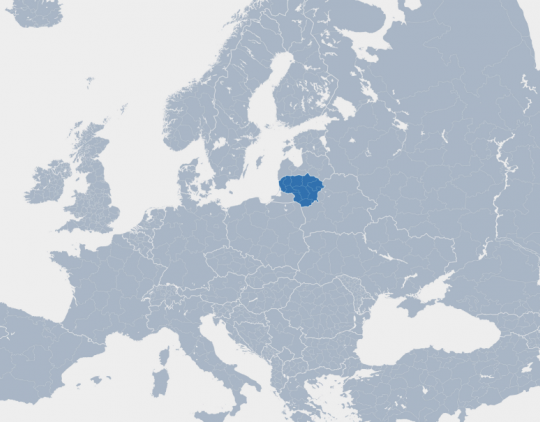

The overall purpose of this research is to evaluate how non-EU country students feel in Lithuania, what positive and negative sides they see while coming and then living in it. The study also presents recommendations about possible changes allowing to attract more non-EU country students to Lithuania.
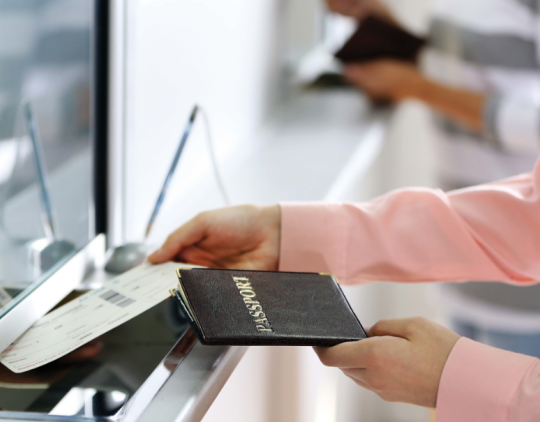
This study pursues the aim of presenting Lithuania’s visa policy and the latest developments in this field, analysing links between visa policy and immigration flows, with a particular attention devoted to prevention of illegal immigration and pointing out some problems of visa issuance.
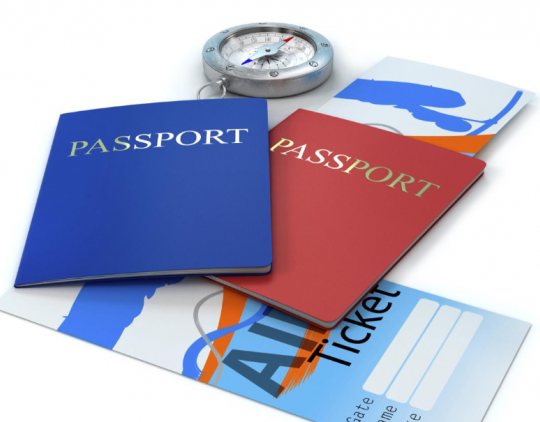
The study pursues the aim of overviewing the rules for imposing entry bans as applicable in Lithuania and assessing the extent of application of readmission agreements.
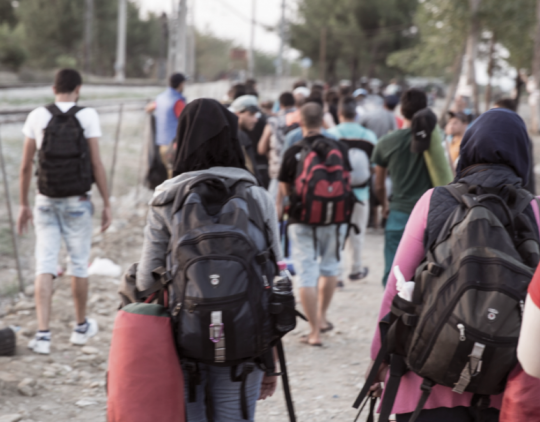
This research presents the first foreigners', transferred accordingly to the EU programs, experiences while living in Lithuania. The analysis showed that successful migrant integration requires policymakers to find new solutions, especially in the areas of temporary housing provision, Lithuanian language teaching and work opportunities.
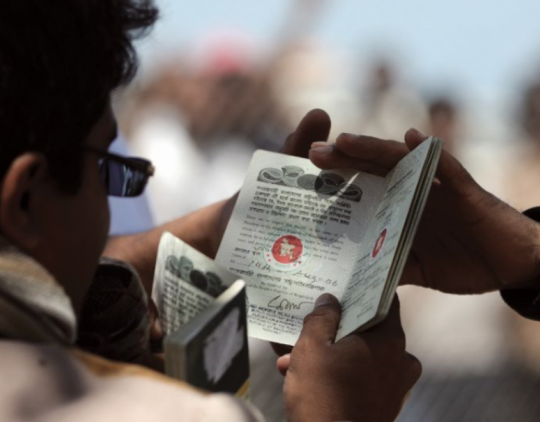

The study aims to explore the situation of unaccompanied minors who have been granted a residence permit or issued a return decision, and in turn, the approaches established by Lithuania to their integration or (voluntary) return.

This study aims at analysing the impact of EU rules on return - including the Return Directive and related case law from the Court of Justice of the European Union (CJEU) - on Lithuanian return policies and practices and hence on the effectiveness of return decisions issued across the EU.

Building on the information that is already available, the aim of this study is to map and analyse the measures in place at the Lithuanian national level to fight the illegal employment of third-country nationals, possible problematic areas and obstacles in this field and strategies and good practices to overcome them.

The study aims at presenting the concepts of temporary and circular migration, the effective legal regulation in Lithuania, an assessment of these forms of migrations as well as main statistical data. The period analysed covers the years of 2004-2009.
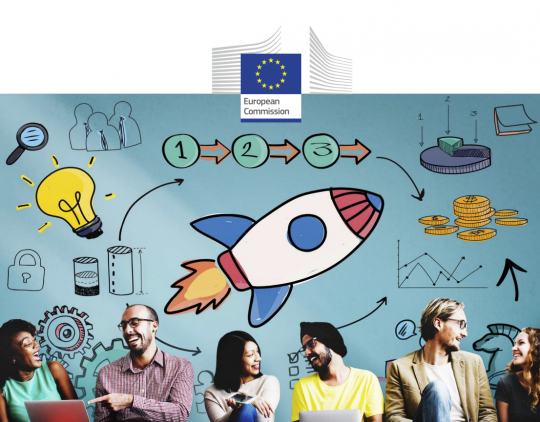
The overall aim of this EMN study is to provide an overview of the migratory pathways available to startups and other innovative entrepreneurs in Lithuania.
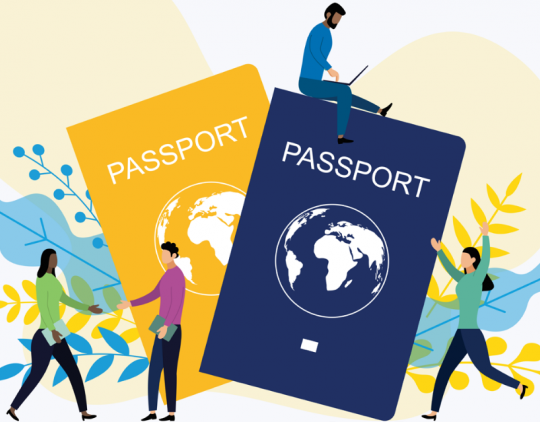
The study provides a comparative overview of the existing schemes framing access to national citizenship through naturalisation for third-country nationals in Lithuania.
